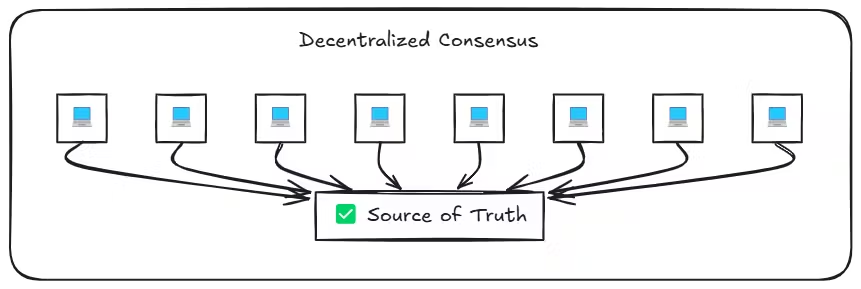Hackernoon
2w
413

Image Credit: Hackernoon
Why Solana’s Consensus System is Both Genius and a Hardware Hog
- Consensus mechanisms ensure all participants in a blockchain network agree on one source of truth for reliability and security.
- Solana's Proof of History (PoH) precedes reaching consensus by establishing a verifiable order of events with cryptographic timestamps.
- PoH allows parallel transaction processing, reducing confirmation time and promoting high throughput in Solana.
- The use of Verifiable Delay Functions in Solana adds security by making transaction alteration resource-intensive and enhancing network transparency.
- While PoH enhances scalability, it also increases complexity and resource-intensiveness, raising the bar for validators and making Solana hardware-intensive.
- Solana's high hardware requirements raise questions about whether computing advancements will lower barriers to entry or if demand for high performance will persist.
- Moore’s Law and the Jevons Paradox play a role in Solana's hardware demands, suggesting that greater efficiency may lead to increased overall computational demand.
- Alternative solutions to PoH propose leveraging relative block times rather than fixed absolute times for future slots, ensuring block order without explicit delay computations.
- Advancements in hardware and client software will enable Solana to process more transactions efficiently, but increased efficiency may drive higher computational demands.
- Optimizations in Solana's execution layer may further decrease block propagation times, enhancing network performance.
Read Full Article
24 Likes
For uninterrupted reading, download the app